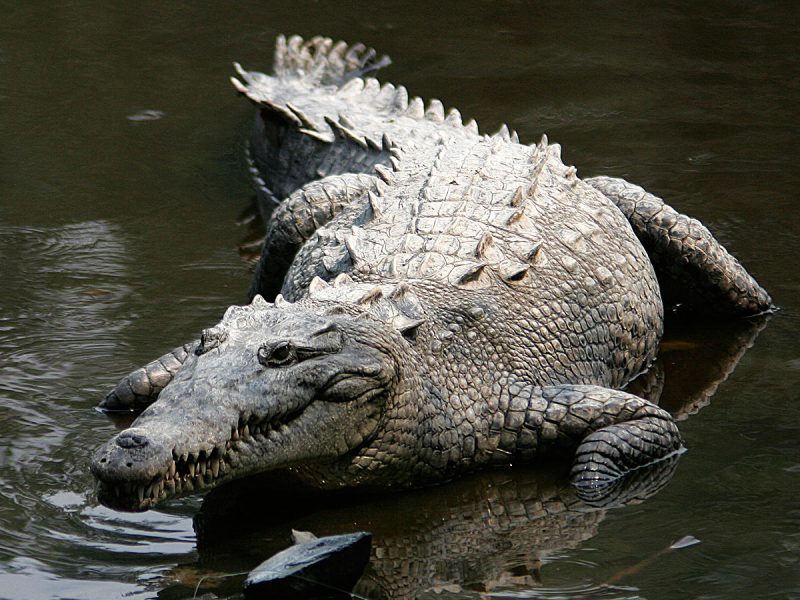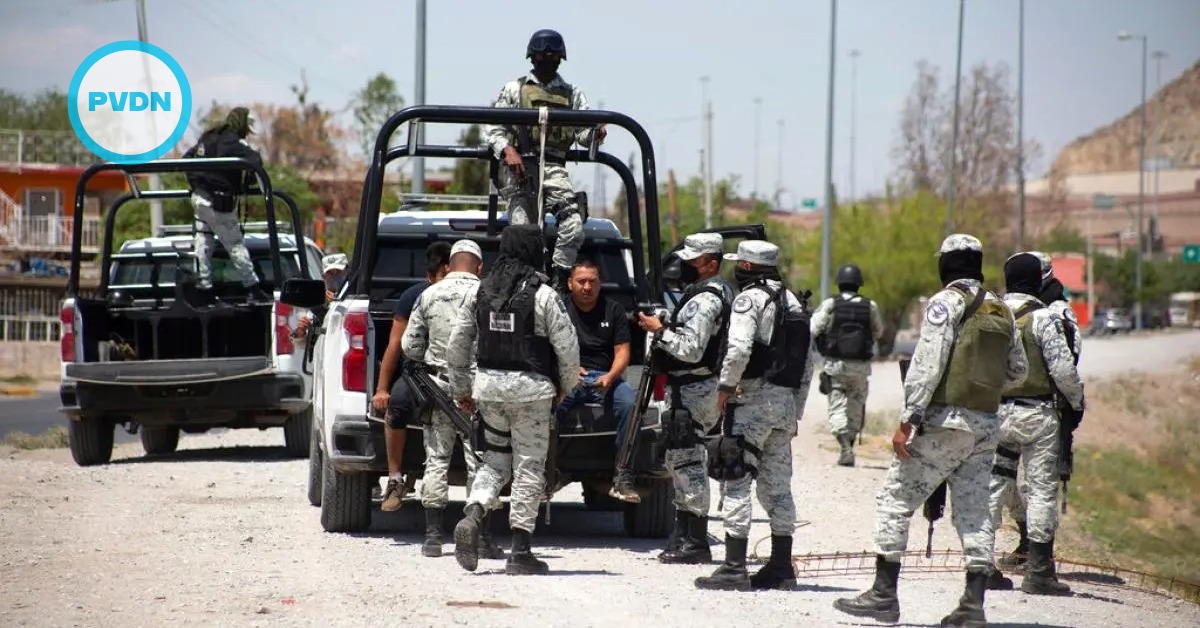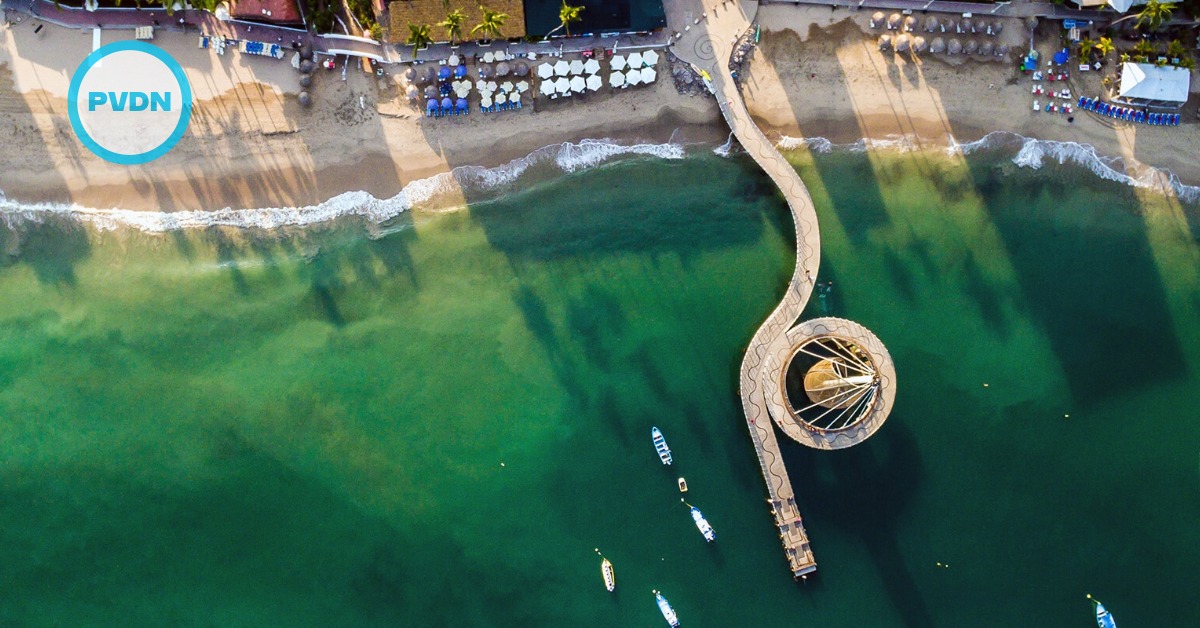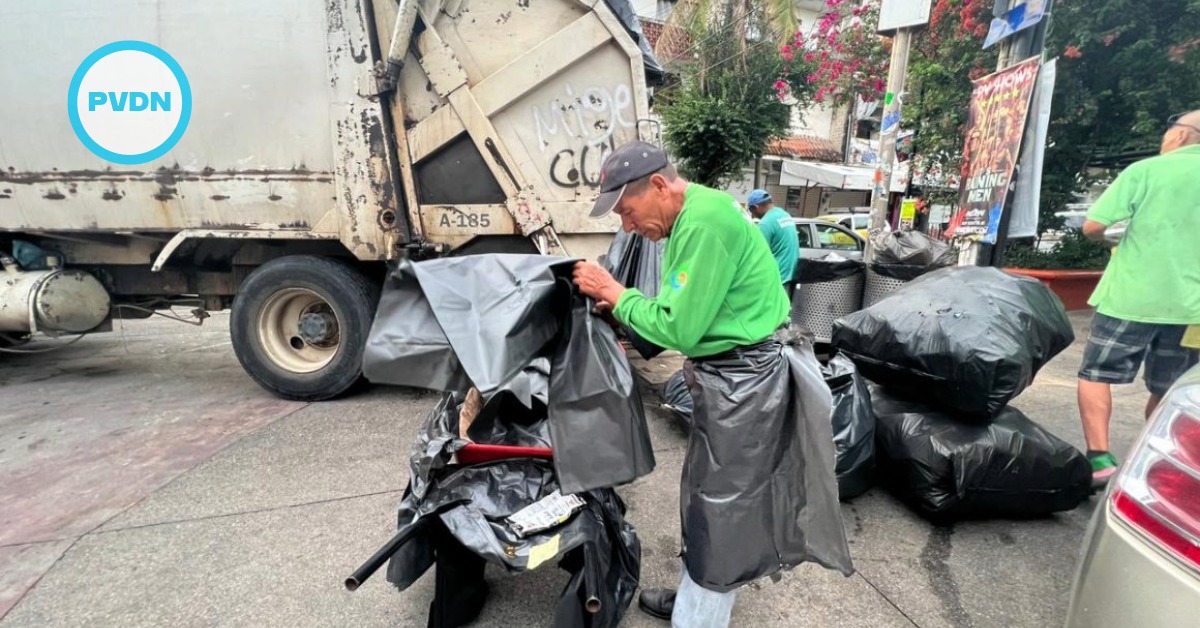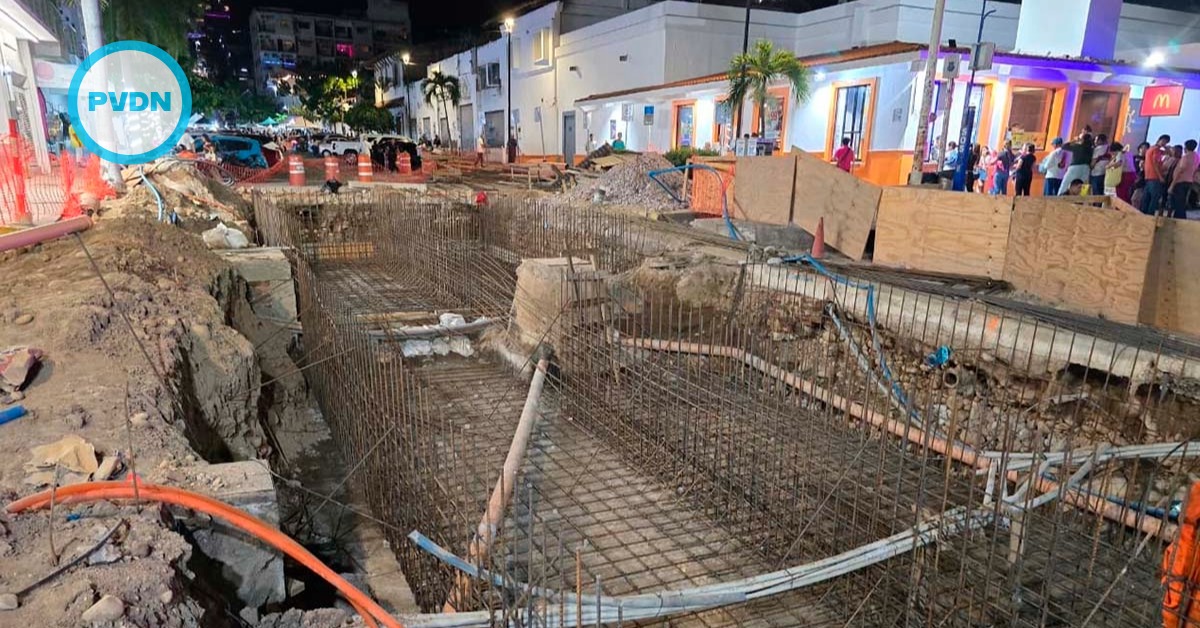Although in Puerto Vallarta and neighboring municipalities there are around 400 wild crocodiles distributed in different bodies of water, there is no preventive management plan for this type of reptile.
For this reason, the coordinator of the University Center of the Coast Sur (CUCSur), Pablo Hernández Hurtado, urged the authorities to implement a plan in the face of the growing attacks that have been registered against several individuals, the University of Guadalajara (UdeG) reported.
Although there is already a protocol of action for cases of crocodile sighting published by the Ministry of Environment and Natural Resources (Semarnat), the researcher . . .


